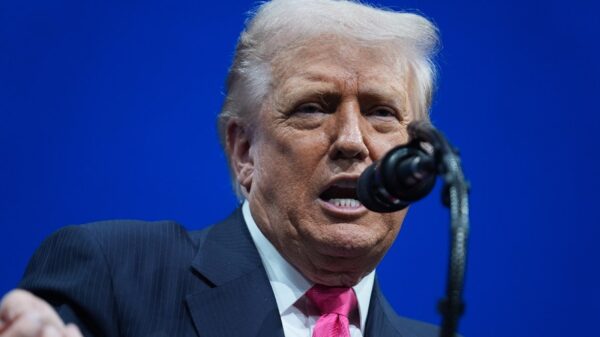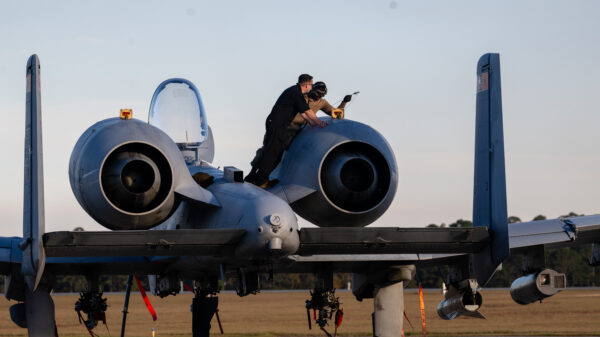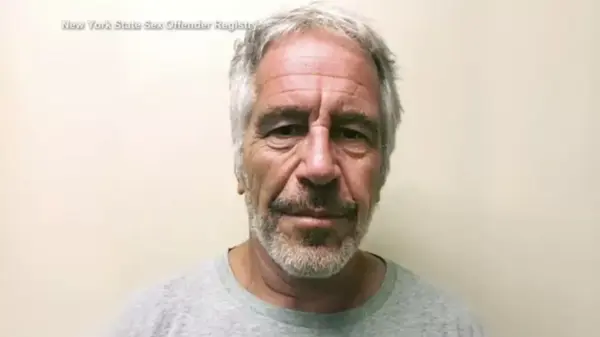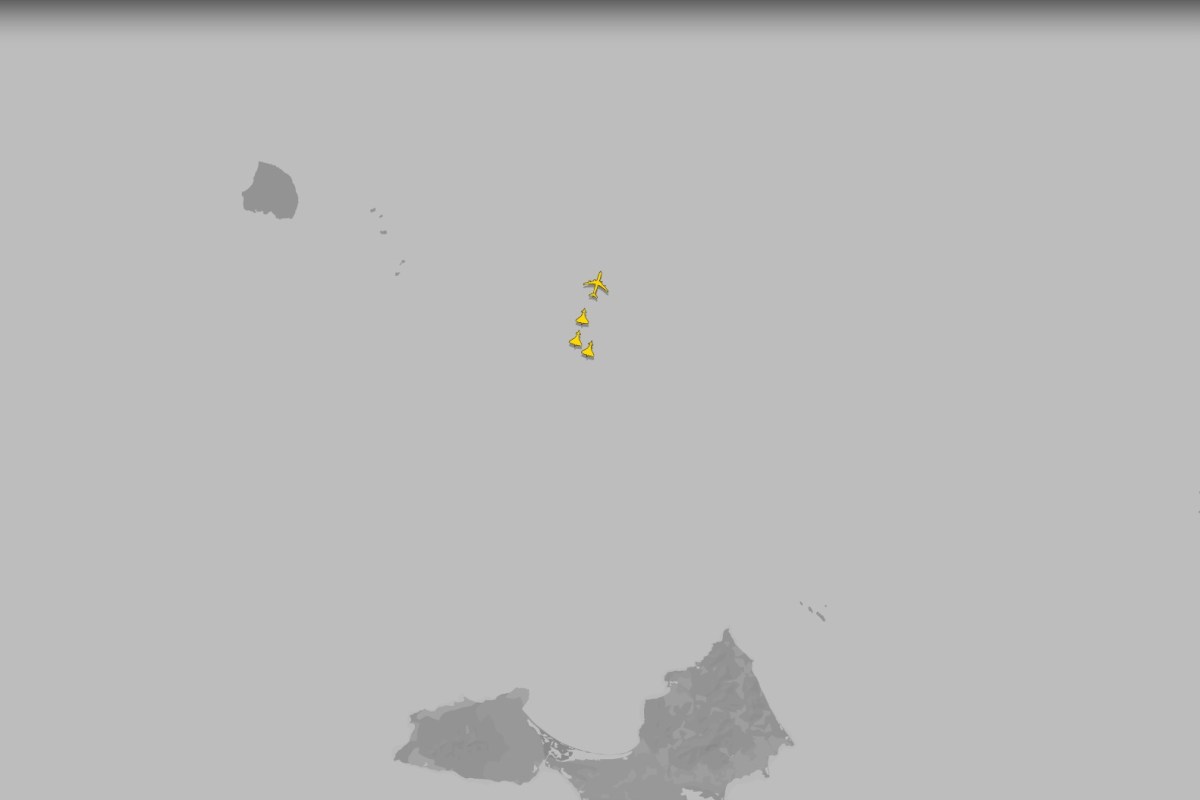A recent flight by a U.S. Air Force B-52 bomber over the Caribbean Sea has intensified scrutiny on military activities near Venezuela. According to open-source flight-tracking data, the long-range Stratofortress flew north of Caracas on September 25, 2023, marking its second mission in five days. This operation is part of a growing array of U.S. combat aircraft movements, including F/A-18 Super Hornets and RC-135 Rivet Joint reconnaissance planes, aimed at increasing pressure on the government of Venezuelan President Nicolás Maduro.
The military maneuvers signal a shift from a focused crackdown on drug trafficking to broader military operations against Venezuela’s regime. The U.S. has significantly expanded its military presence in the southern Caribbean, augmenting its capabilities with advanced aircraft and warships. The Trump administration has declared that “all options” remain on the table, intensifying its campaign against what it terms narcoterrorism associated with high-ranking Venezuelan officials.
One notable action from the U.S. was the official designation of the Cartel de los Soles as a terrorist organization, effective as of the same day as the B-52 flight. The U.S. alleges that this network is deeply intertwined with the Maduro administration, a claim that Venezuela has dismissed as a “ridiculous scheme” aimed at justifying potential intervention.
Details of Recent Military Operations
The B-52 mission, conducted as part of Operation Southern Spear, aims to monitor drug trafficking activities in the region. Reports indicate that the bomber was escorted by F/A-18s during this flight, underscoring the operational readiness of U.S. forces in the area. On the evening of September 25, tracking data showed two B-52H Stratofortress bombers and a Lockheed Martin C-130J-30 Super Hercules as the most monitored flights over the Americas.
U.S. military operations are coordinated under the U.S. Southern Command (SOUTHCOM), which has been tasked with supporting President Donald Trump’s objective of disrupting illicit drug trafficking networks. In a recent interview, Secretary of Defense Pete Hegseth emphasized the unmatched capabilities of U.S. forces, warning traffickers that engagement in drug-related activities would lead to severe consequences.
Hegseth articulated the strategic nature of Operation Southern Spear, aiming to dismantle narco-terrorist vessels and routes. He stated, “Don’t get in a boat because it’s going to end poorly for you,” highlighting the serious repercussions faced by those involved in drug trafficking.
Reactions and Future Implications
In response to U.S. actions, Venezuelan officials have voiced strong opposition. Foreign Minister Yan Gil called on the U.S. government to reassess its aggressive policies, emphasizing that such actions do not contribute to effective drug enforcement and harm regional development. In a statement shared via social media, Gil insisted that these threats are rejected by the Venezuelan populace and the broader Caribbean community.
Looking ahead, Hegseth indicated that the U.S. is prepared to apply sustained pressure similar to its strategies against extremist groups abroad if necessary within the Western Hemisphere. However, he did not confirm whether military operations would extend to striking land targets within Venezuela.
As military deployments continue and diplomatic tensions escalate, the situation remains fluid. The implications of increased U.S. military presence in the Caribbean could significantly alter the dynamics of U.S.-Venezuela relations, with potential repercussions for regional stability.


































































